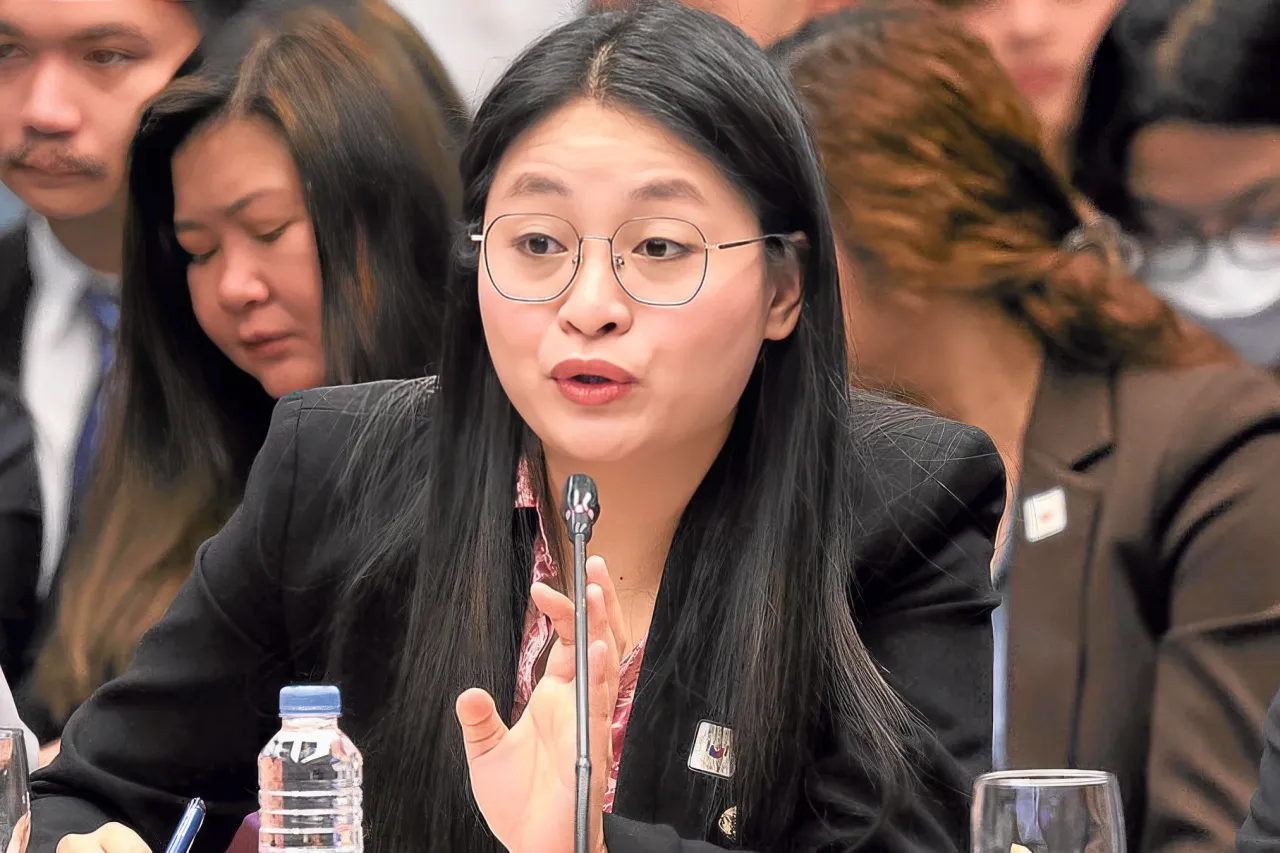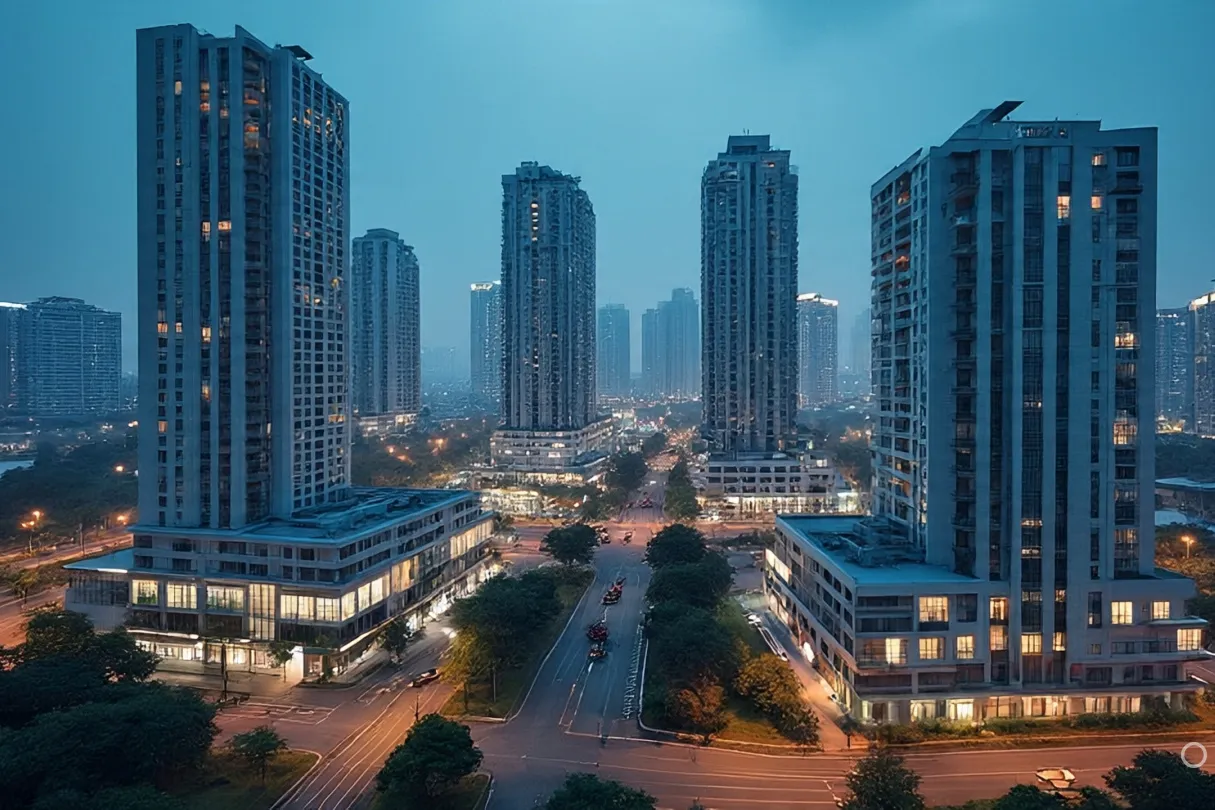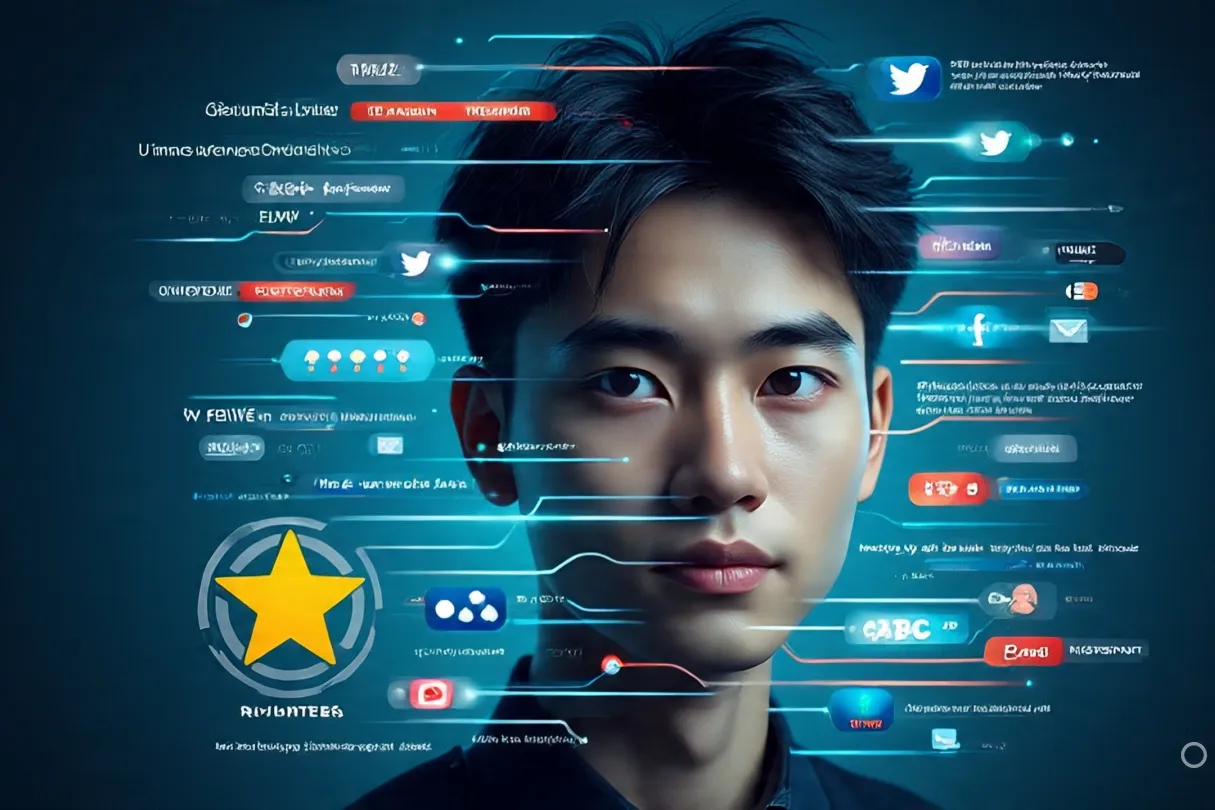Alice Guo’s political ascent felt electrifying—like the arrival of something new, vibrant, and hopeful. But almost immediately, a faint hum of doubt began to grow. After all, how does someone rise to become mayor when their past can’t be traced, their birth records vanish, and their language raises more questions than reassurance?
- Origins & Early Clues 😊
- Key Events / Main Incident ⏳
- The Theories & Allegations 🕵
- Evidence, Witness Accounts, and Contradictions 📜
- The Senate Investigation and Public Reaction 🏛
- Political Implications for Local and National Security 盾
- How This Case Reflects on Election Vetting and Background Checks 🔍
- Relevant Global or Local Parallels 🌐
- Extra Section — The Money Trail Underneath
- 5 Unanswered Questions About Alice Guo ❓
- Unsettled Masks, Lingering Shadows
- FAQ
This is the Alice Guo identity mystery, a case that started as a quirky local surprise and snowballed into a national‑security dilemma. It’s about political intrigue, about gaps in our vetting systems, about a mayor who may—or may not—be Filipino, or even real. As her story spiraled from municipal office to Senate hearings, the question became urgent: who is she, really?
Origins & Early Clues 😊
Alice Guo burst into the political arena in her small municipality in 2022. Effortless smile, energetic rallies, promises of transparency—her campaign sweep was cinematic. Supporters said she was a breath of fresh air. Skeptics said she was too polished to be real.
From the start, oddities surfaced:
-
Missing public records. Barangay halls had no birth certificate, no school records—unlike every previous mayor, whose documents were neatly filed.
-
Language quirks. She slipped into Mandarin during speeches or interviews. In a largely Filipino‑speaking locality, that didn’t sit right with many.
-
No verifiable history. Longtime residents said they never saw her growing up around—yet suddenly, she was mayor.
These anomalies might have been shrugged off—if not for their accumulation. The Alice Guo identity mystery was no longer just curiosity; it was a red flag.
Key Events / Main Incident ⏳
Table 1: Timeline from Election to Controversy
| Date | Event Description |
|---|---|
| Mid‑2022 (Election Day) | Alice Guo wins mayoralty in a tight, unexpected win. |
| One week later | Reporters begin asking for her birth and education records—they’re absent or inconsistent. |
| One month later | Social media buzz escalates; netizens question her background and missing documentation. |
| Two months in | Local civic groups file complaints prompting initial inquiries. |
| Three to four months in | Senate committee opens an investigation into her identity and documentation. |
| Six months on | Suspended pending further findings; national attention shifts from curiosity to alarm. |
| Present day | Investigation ongoing; controversy remains unresolved. |
The Theories & Allegations 🕵
Whispers build into theories, and theories beg to be investigated. Here, the main suspicions swirl:
-
Non‑Filipino / Foreign National
The missing records raised speculation that she might not be a Filipino citizen—or worse, not Filipino at all. -
POGO Links
Rumors gained traction that her campaign was financed by Philippine Offshore Gaming Operators (POGOs), some tied to offshore shell companies with opaque ownership. -
Chinese Connections / Espionage
Mandarin fluency, a Chinese surname, bursts of money, and murky backers fed theories that she was part of a larger influence network.
Each theory added layers: foreign influence, possible espionage, election integrity—the suspect felt like a movie’s antagonist in a dark cloak.
Evidence, Witness Accounts, and Contradictions 📜
Table 2: Allegations vs. Official Responses
| Allegation | Official Response / Denial |
|---|---|
| No birth or schooling records | Claim: still being “processed” or private; no official confirmation. |
| Possible foreign nationality | Statement: asserts she is Filipino; calls questions “baseless rumors.” |
| POGO‑related campaign contributions | Campaign insists all donations were legal and documented. |
| Mandarin speeches and foreign mannerisms | Response: says Mandarin is a “family dialect,” not proof of foreign connection. |
| Identity theft or fabrication | Authorities say investigation ongoing; no charges filed yet. |
Locals who once swore she lived in town for years now remember differently. One casual neighbor said, “She just appeared—like she stepped out of nowhere,” while an official said, “We asked for documents—she promised to provide them… we’re still waiting.” Caught between conflicting memories and denials, the public stood on a precipice of distrust.
The Senate Investigation and Public Reaction 🏛
When the Senate committee convened, the drama shifted to a national stage. Senators grilled aides, scoured county records, and tested fingerprints and signatures. The hearings aired nonstop, fueling public obsession.
Supporters lined up behind her: “She got things done! Infrastructure, parks, economic growth.”
Skeptics snapped back: “You can’t trust someone if they can’t prove who they are.”
Political Reactions & Public Statements 🗣
-
Senator X: “If we can’t confirm identity, how do we trust any of our officials?”
-
Councilor Y: “Stop the investigations—let her govern.”
-
Civil society group: “Representation means verifiable identity. This is a failure.”
-
Human rights advocate: “ID vetting mustn’t lead to racial profiling or xenophobia.”
-
Nationalist blogger: “She’s a walking scandal—who’s hiding behind her?”
So, what was supposed to be an administrative inquiry became a symbolic battleground.
Political Implications for Local and National Security 盾
This isn’t just about one mayor: it’s about systemic cracks.
-
Local governance at stake. Procurement orders, budgets, contracts—how secure are these if the person in charge can vanish?
-
National election implications. If a mayor’s identity can be unverified, what about provincial or congressional candidates?
-
Geopolitical risk. Apparent ties to foreign entities, POGO money, and suspected espionage are chilling in light of regional tensions.
Beyond Bamban, the controversy shadows the integrity of democratic processes across the archipelago.
How This Case Reflects on Election Vetting and Background Checks 🔍
Alice’s mystery exposed the weaknesses:
-
COMELEC and barangay vetting depends on self‑submitted documents, with few verification tools.
-
No centralized digital ID system, meaning forged or missing documents can slip through.
-
Forensic document checking is rare, especially for local candidates.
Consequently, reform suggestions proliferate:
-
Biometric-based voter IDs linked to national databases.
-
Cross-agency vetting (immigration, education, health, tax).
-
Independent audit mechanisms for campaign finance and document verification.
But while talk of reform echoes, suspicion outpaces action.
Relevant Global or Local Parallels 🌐
Alice’s story isn’t the first of its kind—but it’s certainly unique in its acceleration.
-
France: A prank candidate with no identity slipped into council.
-
US: Local races occasionally see identity or residency fraud.
-
Philippines: Ghost voters, forged credentials—mostly small‑scale. None combined identity questions, POGO, and potentially national-security threats.
This case spiraled faster and broader than any previous local scandal—it hit every nerve.
Extra Section — The Money Trail Underneath
A deeper look at the campaign’s financing reveals discrepancies:
-
Sudden, heavy donations from shell-type entities.
-
Statements of assets showing rapid inflation in wealth—new vehicles, unexplained properties.
-
Lack of transparency in donors—suspected footnotes in real estate ownership, or POGO-linked firms.
Yet, without hard forensic audits, the money trail remains a rumor waiting for official confirmation.
5 Unanswered Questions About Alice Guo ❓
-
1. Who is she really? What verifiable records confirm identity: birth, school, family?
-
2. Why the delays or absences in documentation? Strategic silence or legitimate backlog?
-
3. Who financed her campaign? Ordinary citizens or offshore gaming backers?
-
4. What was the extent of her POGO or foreign ties? Surface-level, or deeper?
-
5. Is she an unwitting figure, or a planned instrument?
These questions linger—not easily dismissed, not easily solved.
Unsettled Masks, Lingering Shadows
Even after court rulings and hearings, the truth feels distant. Alice Guo remains a missing identity—more elusive than absent. She stands as a symbol of what can go wrong: missing vetting, missing transparency, missing accountability.
What if the real identity crisis in Philippine politics isn’t just one mayor, but the very system that allowed her to slip through?
FAQ
Is Alice Guo still in office?
No. She was suspended when documentation disputes became public, and her seat remains vacant or under caretaker administration while investigation continues.
Has her identity been confirmed?
Not fully, at least not publicly. Authorities say the probe is ongoing; no definitive document or ruling in the highest courts has been released to the people.
Could she legally be removed for lack of citizenship?
Yes. Election laws demand verified citizenship. If proven foreign or undocumented, her election can be nullified—and indeed has been held in limbo.
Has any precedent existed for such a scandal?
Not on this scale. Past cases involved ghost voters or flawed credentials—but rarely the mix of identity crisis, offshore money, and national-security alarm.
Can ordinary citizens now verify candidates’ identities more easily?
Not yet. Without digital ID infrastructure or transparency mandates, public access to credible information remains limited.
Were POGO connections proven?
There are allegations and some financial irregularities, but full forensic evidence—and legal judgments—are still pending.
Has Alice Guo publicly addressed the scandal?
Sparse statements. She continues to deny wrongdoing, calls allegations “baseless,” and emphasizes her local governance achievements—but avoids specifics on identity or documentation.
What reforms are being discussed?
Proposals include biometric-linked IDs, cross-agency vetting, centralized candidate databases, and audits of campaigns—but no firm consensus or enactment yet.
As the investigation drags on and documents remain unseen, we’re left with a haunting silhouette—a name, a mayor’s chair, and an identity that remains unclaimed.
What’s your take? Who—or what—is hiding behind the name Alice Guo?




